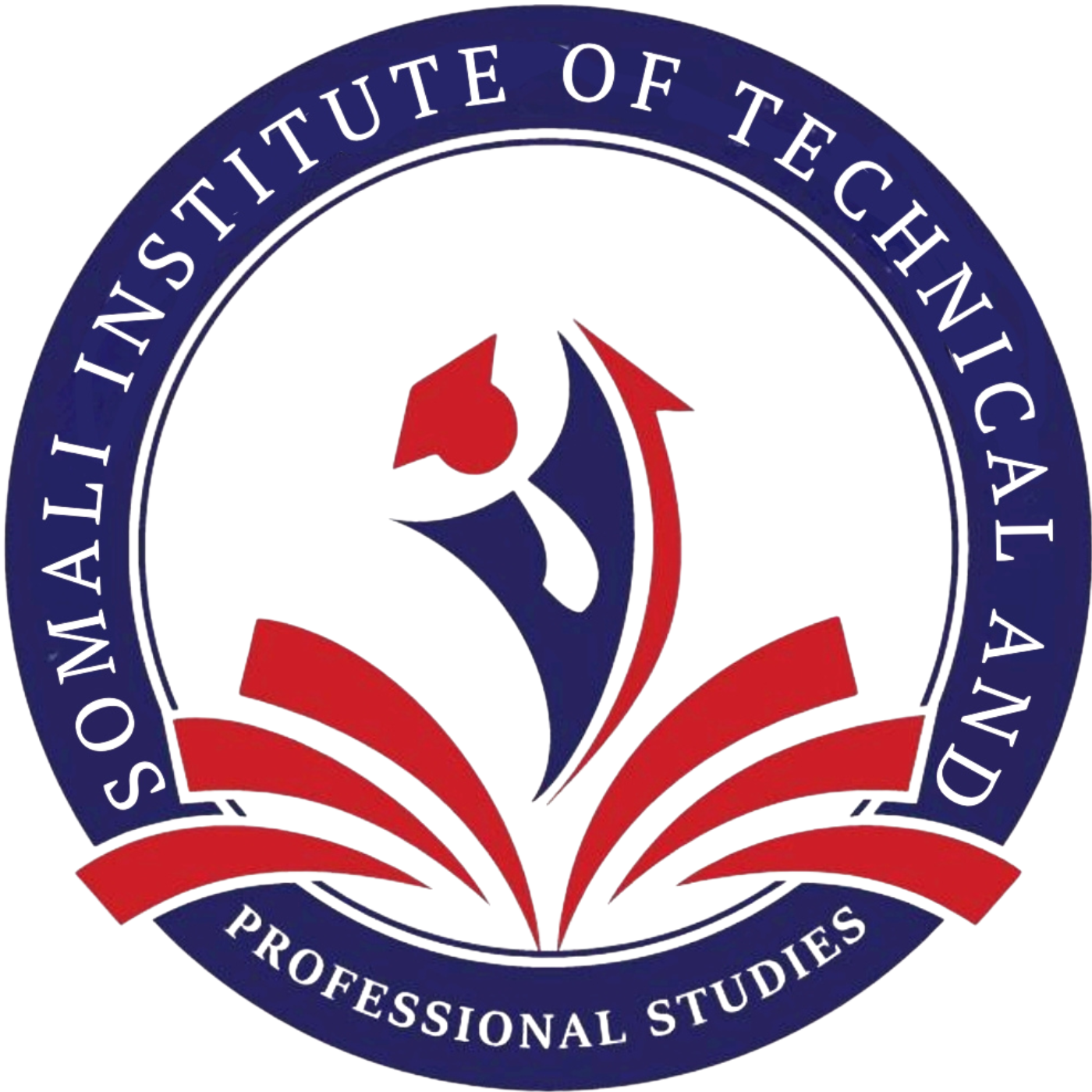📜 Certificate in Kiswahili Language
Somali Institute of Technology and Professional Studies (SITPS)
The Certificate in Kiswahili is a progressive language training program designed to take learners from absolute beginner to upper-advanced fluency. Delivered on-demand with personalized online tutors, the course is structured across six progressive levels (A to F), equipping students with the practical, academic, and professional command of Kiswahili required for diverse communication contexts.
Kiswahili, a Bantu language spoken widely across East Africa, is a vital tool for trade, diplomacy, education, and community development in the region. This program prepares learners to thrive in such spaces by ensuring mastery of both language and cultural fluency.
📘 Level A – Beginner Communication
At this foundational level, students are introduced to:
- Kiswahili alphabet and correct pronunciation
- Basic greetings and polite expressions
- Personal introductions and asking/answering simple questions
- Counting, days of the week, months, and telling time
- Understanding and using basic sentence structures
- Vocabulary related to family, home, food, and daily routines
- Simple reading and writing exercises like filling forms and short phrases
📗 Level B – Everyday Conversations
Learners begin to expand their communication skills in everyday life:
- Talking about shopping, prices, and making transactions
- Giving and following directions
- Describing people, places, and emotions
- Using present, past, and simple future tenses
- Reading menus, public signs, and short stories
- Writing paragraphs about personal experiences and events
- Role-playing in market, restaurant, and travel situations
📙 Level C – Confident Expression
This level marks a transition into fluent conversation and writing:
- Expressing opinions, preferences, and comparisons
- Talking about hobbies, travel, and weather
- Introducing conditionals, reflexive pronouns, and idiomatic expressions
- Listening to Kiswahili music, podcasts, and short documentaries
- Writing short letters, blogs, and reviews
- Discussing current affairs in simplified Kiswahili
- Participating in structured conversations and role-plays
📕 Level D – Intermediate Fluency
At this stage, learners develop academic and professional communication:
- Advanced grammar: object infixes, relative clauses, and conjunctions
- Reading newspapers, essays, and simple literature in Kiswahili
- Conducting interviews and writing structured essays
- Analyzing texts and summarizing articles
- Debating social issues using Kiswahili
- Role-playing in professional and educational settings
- Writing CVs, emails, and reports in Kiswahili
📒 Level E – Advanced Comprehension & Culture
Learners dive deeper into literary and contextual Kiswahili:
- Understanding metaphors, proverbs, and poetic expressions
- Reading classical and modern Kiswahili literature
- Holding in-depth discussions on culture, education, and governance
- Writing opinion pieces, analyses, and cultural comparisons
- Listening comprehension from documentaries and interviews
- Practicing public speaking and delivering presentations in Kiswahili
📓 Level F – Mastery and Real-World Application
This final level prepares students for real-life fluency and professionalism:
- Translating and interpreting between Kiswahili and English
- Writing research-based reports and formal documents
- Engaging in legal, academic, and diplomatic communication
- Participating in panel discussions, radio talks, or academic presentations
- Capstone project: Creating a portfolio including written, spoken, and visual Kiswahili content
- Final oral and written examination
📝 Assessment & Certification
Each level includes:
- Regular quizzes and conversation assessments
- Reading, writing, and listening evaluations
- Oral exams and written assignments
- Final capstone project for certification
Upon completion, students are awarded the Certificate in Kiswahili Language, preparing them for roles in education, translation, cultural promotion, community development, and international outreach.
💼 Career Pathways
Graduates can pursue opportunities in:
✅ Teaching Kiswahili to foreigners
✅ Community liaison or social outreach roles
✅ Translation & Interpretation
✅ Embassy and government language support
✅ Content creation and media reporting in East Africa
⚠️ Disclaimer
Students who already possess some knowledge of Kiswahili will be assessed upon enrollment to determine their appropriate starting level.
Instructor

